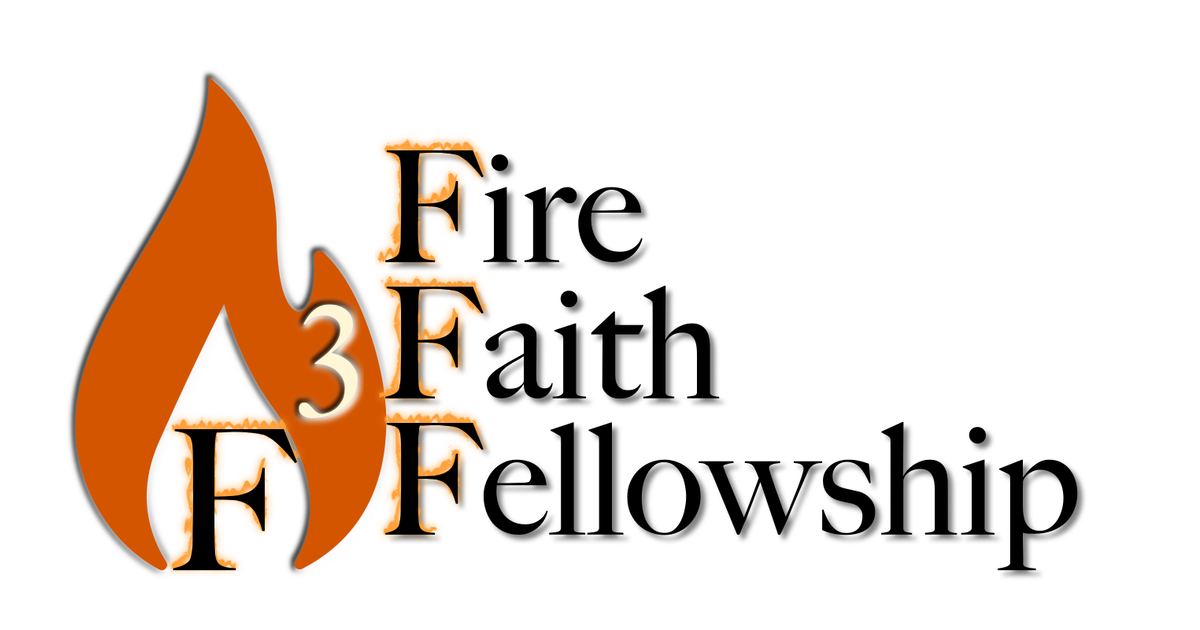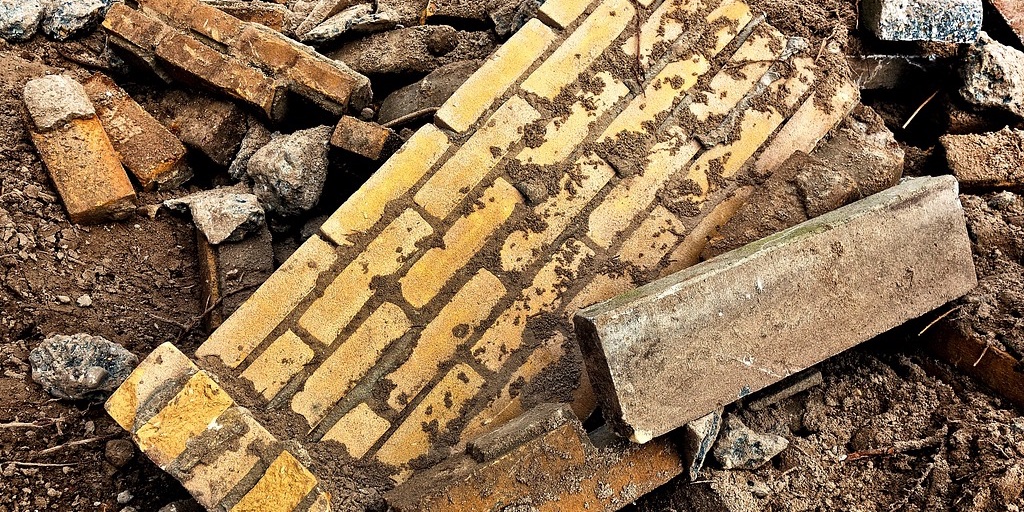The Christian deconstruction movement has been gaining momentum over the past decade, with more and more Christians questioning traditional beliefs and doctrines in the face of modern knowledge and cultural shifts. This movement has been influenced by various cultural and intellectual movements, including postmodernism, feminism, and critical race theory, and is characterized by a process of critical examination and reconstruction of one’s faith.
Prominent Voices in the Christian Deconstruction Movement
One of the most prominent voices in the Christian deconstruction movement is Rachel Held Evans, who was a best-selling author and speaker before her untimely death in 2019. She wrote extensively about her own journey of deconstruction and encouraged others to ask tough questions and embrace uncertainty. Some of her most powerful quotes include:
“I’m not walking away from Jesus. I’m walking away from the system that has accommodated abuse and silenced victims.”
“I think Jesus would be okay with a lot of our questions, doubts, and struggles. He was a rabbi, after all.”
Another prominent voice in the Christian deconstruction movement is Rob Bell, a pastor and author who has been criticized by some as promoting a form of “watered-down Christianity.” He has written numerous books and spoken widely about his own journey of deconstruction, emphasizing the importance of embracing ambiguity and mystery. Some of his most powerful quotes include:
“The moment God is figured out with nice neat lines and definitions, we are no longer dealing with God.”
“The Bible has caused so much damage. In many ways, it’s often been an agent of dragging everything backwards.”
Other influential figures in the Christian deconstruction movement include Nadia Bolz-Weber, Brian McLaren, and Pete Enns.
Prominent Critics of the Christian Deconstruction Movement
The Christian deconstruction movement has also faced significant criticism from those who see it as a threat to traditional Christianity. Some critics argue that deconstruction is simply a form of relativism that erodes the foundations of the faith. Others see it as a kind of narcissism that prioritizes personal experience over objective truth.
One of the most vocal critics of the Christian deconstruction movement is Al Mohler, president of the Southern Baptist Theological Seminary. He has described deconstruction as a “deadly threat” to Christianity and a form of “apostasy.” Some of his most powerful quotes include:
“The Christian faith is not a matter of personal opinion or private experience, but a matter of objective, revealed truth.”
“The notion that we are free to create our own Christianity, to edit and revise and adapt at will, is a seductive but false notion.”
Other critics of the Christian deconstruction movement include John MacArthur, Douglas Wilson, and Kevin DeYoung.
Deconstruction in Other Religious Traditions
The Christian deconstruction movement is not unique in the history of religion. Other religious traditions have also experienced deconstruction movements, in which believers question and challenge traditional beliefs and practices.

One example is Buddhism, which has a long tradition of critical inquiry and skepticism. Some contemporary Buddhist practitioners have engaged in a form of deconstruction, questioning traditional Buddhist beliefs and practices in light of modern knowledge and cultural shifts.
Another example is Judaism, which has also experienced various forms of deconstruction over the centuries. One recent example is the emergence of the “Jewish Renewal” movement, which seeks to revitalize and reinvent Jewish traditions in light of contemporary needs and challenges.
Placing Christian Deconstruction in Context
The Christian deconstruction movement can be seen as part of a larger trend towards skepticism and critical inquiry in contemporary society. As more and more people become aware of the limitations of traditional forms of knowledge and authority, they are turning to new sources of insight and guidance.
While the Christian deconstruction movement has faced significant criticism from some quarters, it is also important to recognize the value of critical inquiry and questioning in the process of spiritual growth and development. For many Christians, deconstruction has been a necessary step in their journey towards a more authentic, personal faith.
At the same time, it is important to recognize that deconstruction is not an end in itself. As Christians engage in the process of critical examination and reconstruction of their faith, they must also grapple with the challenges of living out their beliefs in the world. This requires a deep engagement with the social and political issues of our time, and a commitment to justice, compassion, and service.
In conclusion, the Christian deconstruction movement represents a significant shift in how some Christians approach their faith. It is characterized by a process of critical examination and reconstruction of traditional beliefs and doctrines in light of modern knowledge and cultural shifts. While it has faced significant criticism from some quarters, it is also an important part of the larger trend towards skepticism and critical inquiry in contemporary society. As Christians continue to engage in this process, they must also grapple with the challenges of living out their beliefs in a world that is constantly changing and evolving.
Join the conversation
WordPress comments are disabled, but you can freely discuss this topic on the Fire Faith Fellowship fediverse server.

